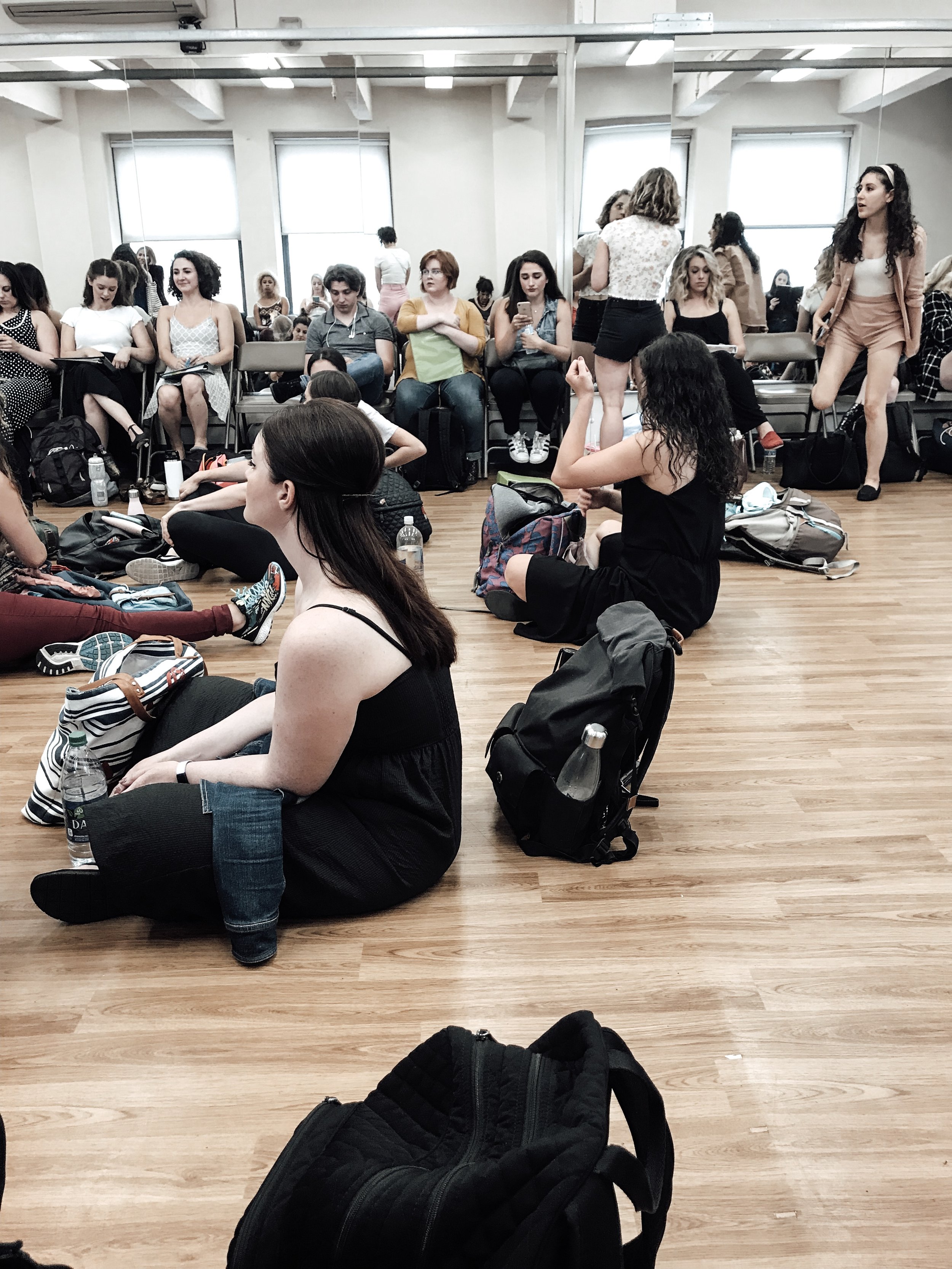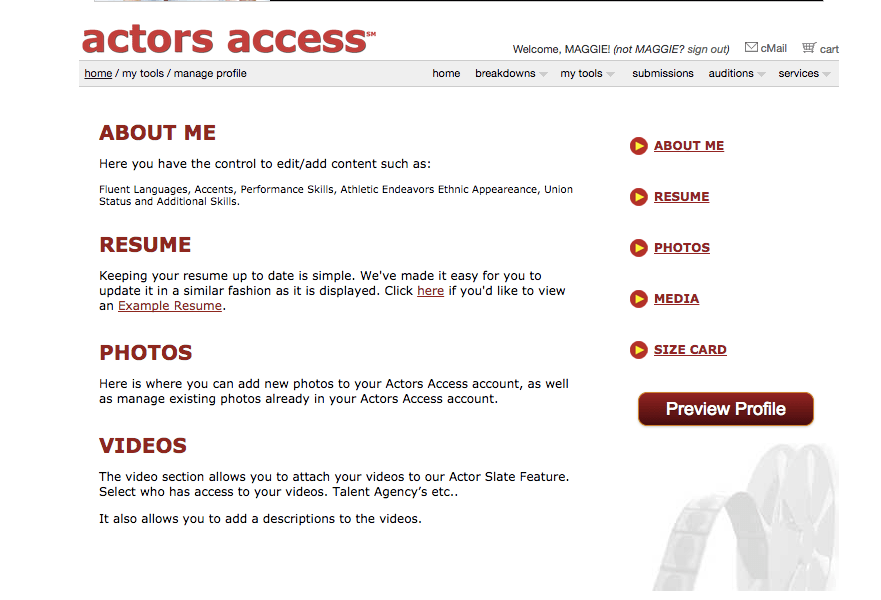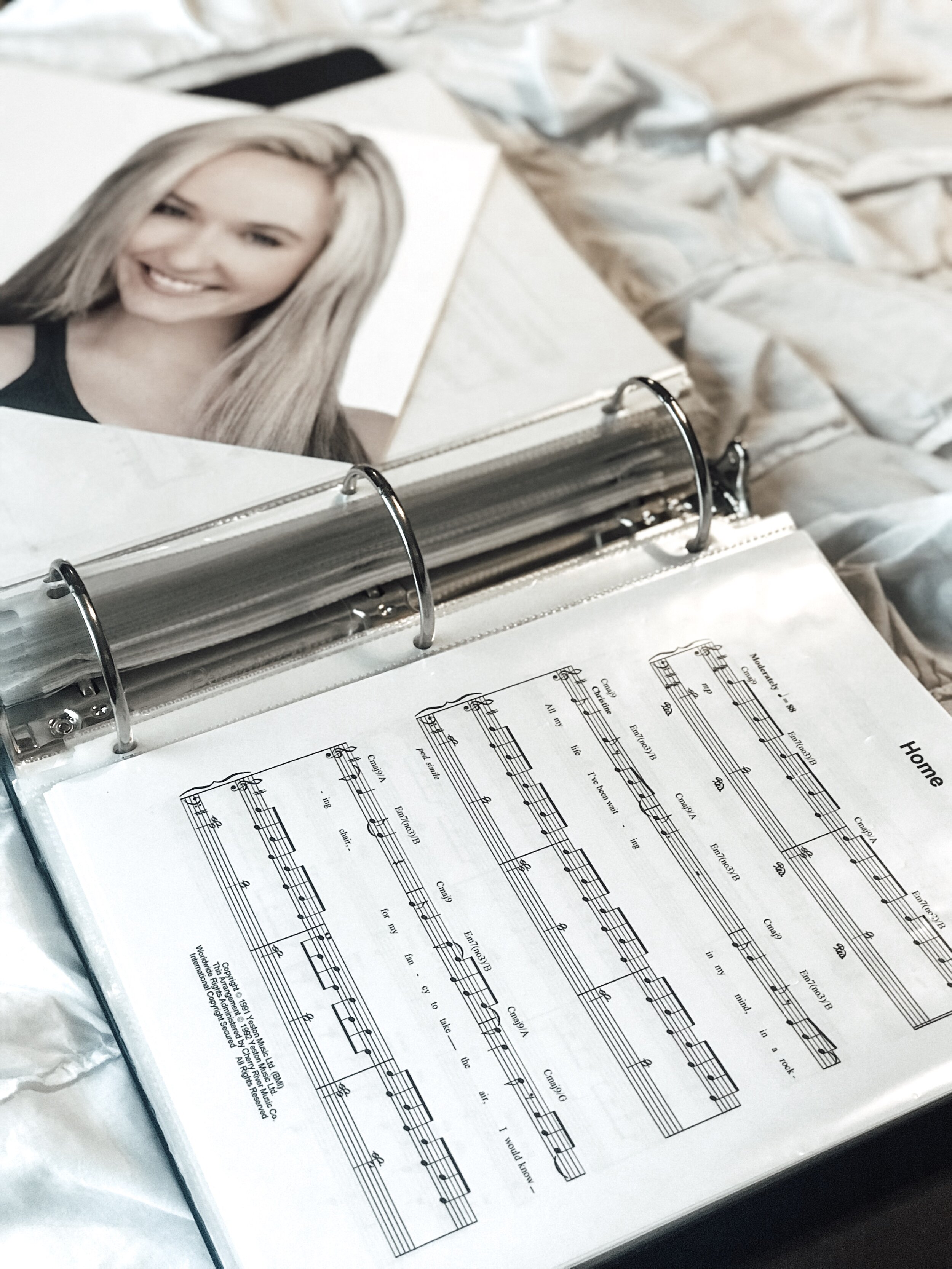So You Have a BFA in Musical Theatre, Now What?
You spent 4 years of your life pursuing a degree in Musical Theatre. You spent the previous 2 years preparing to audition for a program that would allow you to pursue a degree in Musical Theatre. You probably spent the 10 years before that deciding if you wanted to pursue a degree in Musical Theatre.
And after all of that, you finally have your degree in Musical Theatre.
So, I'm sure everyone's wondering... what comes next?
Do a quick summer stock theatre gig, then make the big move?
Work a day job at home to save some money?
Cry yourself to sleep when the real world slaps you in the face?
All of the above?
For 4 years, you've probably received top-tier training. You may have taken classes in voice, speech, dialects, jazz, ballet, tap, hip-hop, auditioning, piano, music theory, realism, characterization, the history of musical theatre. You probably performed in a bunch of college productions. You worked with the best performers in the industry and attended masterclasses with every Broadway casting director and their mother.
And then you probably performed in front of a panel of industry professionals at your school's Senior Showcase in New York, LA or Chicago.
So now what?
This life ain't easy. And it's even scarier when you don't know what comes next.
Once you've decided to make the big move to New York City (or the like), it’s time to get to work. Here are some of the most important lessons I've learned after graduating with a BFA in Musical Theatre.
1. Audition, audition, audition
Audition like your life depends on it (once you have your bearings, that is). Why? You're brand new. You're a fresh young face with plenty to offer. And everyone probably doesn't know who you are yet. You can't expect to blindly submit to a casting director and hope for the best. Increase your chances of getting an appointment with the creative team by showing up to everything... the open calls, the EPA's, the ECC's.
Wake up early, sign up, and get in the room as much as possible. Prove that you are consistent, reliable, and fierce. The work you put in now will greatly benefit you in the long run.
2. Write everything down
I can't stress this enough. Keep an audition journal! I have an excel spreadsheet I have been keeping since the day I graduated that lists every audition I've been on, who was in the room, what I wore, what I performed that day, and any feedback or adjustments I was given. I've had callbacks months later, and it has been a lifesaver to be able to easily refresh my mind on what I did last for that project or casting director in the audition room. You won't remember these things off the top of your head. Trust me.
3. Say yes to everything
Get your foot in the door by getting involved. Be a reader. Intern at a casting office. Help out at an agency. Collaborate with other artists any way you can.
4. Get familiar with the job boards
Actors Access, Backstage, Broadway World, Playbill, and Actors' Equity (if you're already a member.) Invest your time in reading the job boards, familiarizing with the audition listings, and submit! You waste your time if you rely on an agent to do everything for you.
5. Build yourself a schedule
Most of us aren't used to a typical 9 to 5 schedule as actors. But if you don't already have a day job, I urge you to resist the habit of sleeping in. It kills your chances if you want to get seen at an audition... especially if you're non-equity!
Build a schedule based on what you want to accomplish. Plan out the auditions you want to attend, give yourself an hour each day to sift through job boards and submit for projects, leave time for the gym. Whatever your heart desires.
6. Stay in class!
Ah, you thought you were done... didn't you? Just because you graduated with a degree doesn't mean you should stop learning! If you're not staying on top of your game in class, you're not growing as an artist. Consider taking part in any workshops, dance classes, and voice lessons that you see fit.
7. Keep on top of the industry news
Playbill and Broadway World are constantly updating their database with new developments in show-business. Keep a close eye on the latest developments, musical teams that are up and coming, productions that are in the works, etc. Prepare yourself in advance for upcoming projects!
8. Understand your family's concerns
Your parents will worry. Chances are, if they don't already work in showbiz, they probably don't understand what you're going through.
Do you find yourself going to a bunch of auditions and not getting the job every single time? Obviously.
But it may take time for your family to realize that this is the norm. So be gentle when you're trying to explain what you've been up to. Trust the process, and try not to let their questions and concerns effect your process. They love you and want you to succeed.
Going to auditions and getting in front of casting directors and creative teams is part of the game. That alone is a win!
9. Take care of your community
The people you spent the last four years with are your family. Whether you like it or not, they know you probably better than you know yourself. They are also going through exactly what you're going through, and know what its like to be a starving artist.
Catch up with your friends, take care of others, and start building a community. You're going to be glad you did it.
10. Breathe
Broadway will always be there. Take everything one step at a time.
Congratulations to the newest graduates of BFA programs. Keep at it and good things will follow, I promise.
Find this helpful? Be sure to check out the Actor Aesthetic podcast. New episodes every Monday!
xoxo












